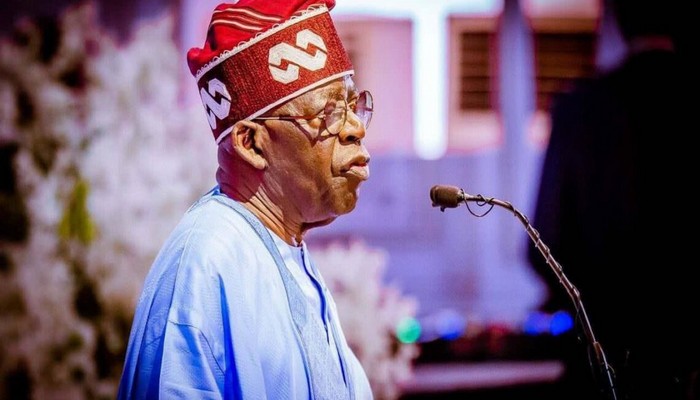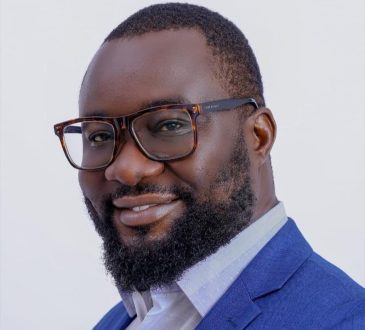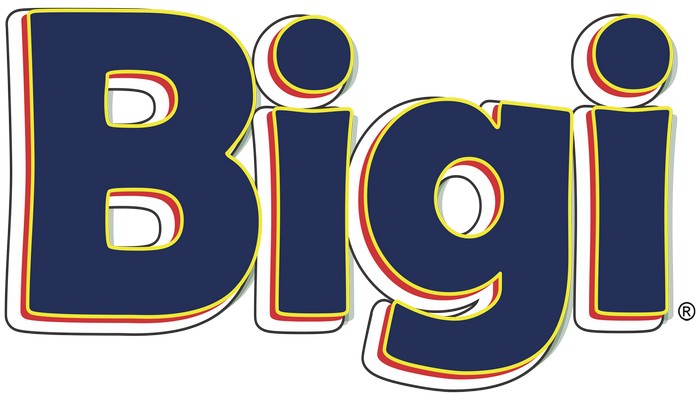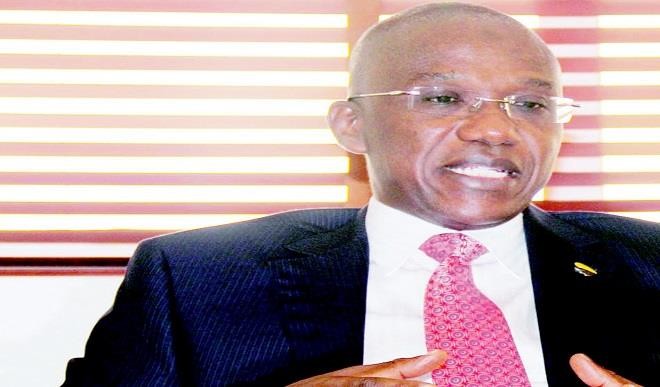
Nigeria’s president, Bola Tinubu, has pleaded with world leaders to prioritise debt forgiveness for Nigeria and other developing countries from creditors and multilateral financial institutions.
Tinubu equally asked the United Nations to commit to multilateralism by deepening relations among member states, in line with the principles of inclusivity, equality and cooperation.
The Nigerian leader, who is the Chairman of the Authority of Heads of States and Government of the Economic Community of West African States, made the call while addressing world leaders during the General Debate of the ongoing 79th Session of the United Nations General Assembly, at the UN headquarters in New York, United States.
Tinubu who was represented by Vice President Kashim Shettima at the high-level annual global event, said countries of the global South would not make meaningful economic progress without special concessions and a review of their current debt burden.
In a statement made available to the press by the Senior Special Assistant to the President on Media and Communications (Office of the Vice President), Stanley Nkwocha, the Nigerian leader drew the UN’s attention to the global debt burden undermining the ability of countries and governments to meet the needs of their citizens, trade barriers and protectionist policies destroying the hopes for nations, and the uncontrollable competition discouraging motivation and hampering global investments.
Nigerian states experienced a 122 per cent increase in external debt servicing in the first six months of 2024, reaching N139.92bn compared to N63.06bn in 2023.
The surge reflected heightened borrowing costs amid currency depreciation, significantly impacting subnational expenditure and fiscal health.
Kaduna and Lagos states pay the highest external debt servicing costs, as some states seek relief from rising debt repayment costs.
Speaking on the debt burden, Tinubu said, “Similarly, we must ensure that any reform of the international financial system includes comprehensive debt relief measures, to enable sustainable financing for development.
“Countries of the global South cannot make meaningful economic progress without special concessions and a review of their current debt burden,” he stated.
Tinubu called for the recovery of proceeds of corruption and illicit financial flows, stating that the return of such funds to countries of origin “is a fundamental principle of the United Nations Convention against Corruption.
“Therefore, the international community must promote practical measures to strengthen international cooperation to recover and return stolen assets and to eradicate safe havens that facilitate illicit flows of funds from developing countries to the developed economies.”
The President decried the steep descent to singularity and nationalism which, according to him, were undermining the quest for peaceful and collective resolution of global challenges such as terrorism, climate change, poverty, food crises, hyper-inflation, nuclear proliferation and grinding debt burden, among others.
The Nigerian leader reminded the world leaders that the United Nations stood for multilateralism which represented inclusiveness, anchored on the tripod of peace, sustainable development and human rights.
Tinubu expressed concern about the main objectives of the UN and how it could sustain the global body’s relevance and resilience, noting that the pillars of the organisation are at risk of being broken against the principles of inclusivity, equality and cooperation.
“Today, these pillars of our organisation are threatened. They risk being broken by the relentless pursuit of individual national priorities rather than the collective needs of the nations that are assembled here today.






